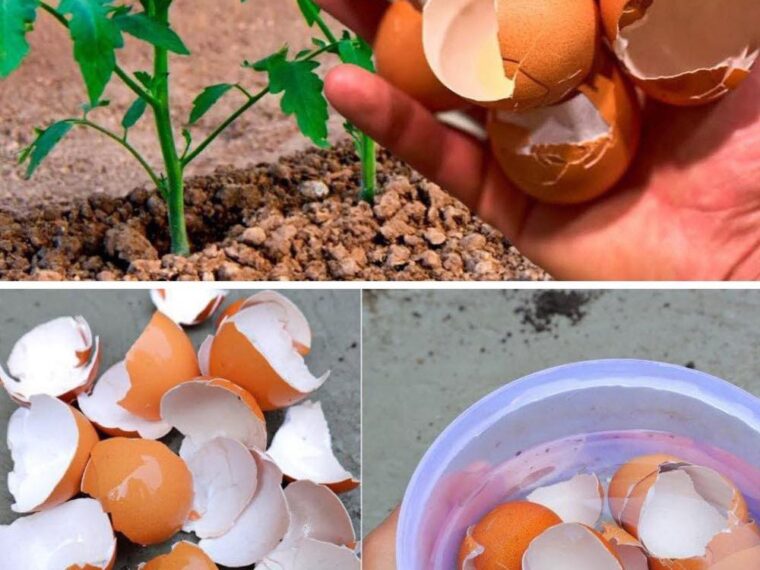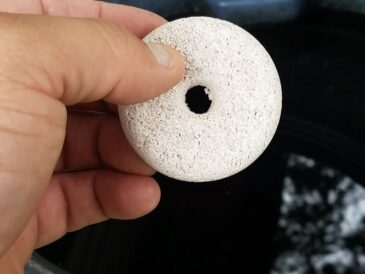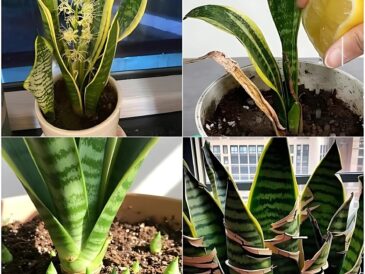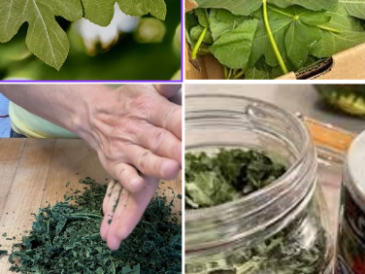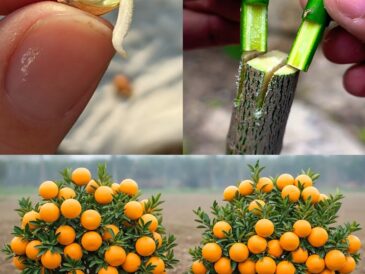8. Deter Deer and Cats
Some gardeners report that the smell and texture of eggshells can deter deer and neighborhood cats from entering garden beds.
9. Aerating Heavy Soil
Mixing coarse eggshells into heavy clay soil improves drainage and aeration, creating a better root environment.
10. Boost for Houseplant
Sprinkle crushed shells around indoor plant soil or brew a “shell tea” by soaking them in water for a few days. Use the nutrient-rich water to fertilize houseplants.
11. Mulch Alternative
While not a full substitute, crushed eggshells help retain moisture, cool the soil, and add minerals when used as a light mulch.
12. Worm Bin Additive
Worms love eggshells! Adding them to a vermicompost bin helps control acidity and provides grit, which worms need to digest organic matter.
13. Natural Calcium Supplement for Chickens
If you keep backyard hens, bake and crush eggshells to feed back to them for stronger shells and improved health.
14. Control Blossom-End Rot
This common disorder in fruits like tomatoes and zucchini is linked to calcium deficiency. Placing eggshells in the planting hole helps prevent it before it starts.
15. Decorative Garden Markers
Large halves of eggshells can be used as mini chalkboards or labels for seedlings. Just write the plant name on the shell with a marker or chalk.
Conclusion
Don’t toss your eggshells! Whether you’re an experienced gardener or a beginner, using eggshells in the garden is a cost-effective, eco-friendly, and scientifically backed way to boost plant health and reduce waste. With a little preparation, these kitchen scraps can become powerful tools for your garden’s success.
